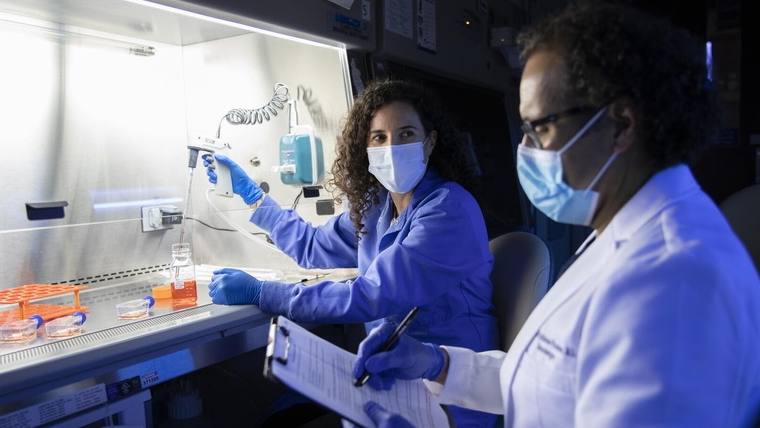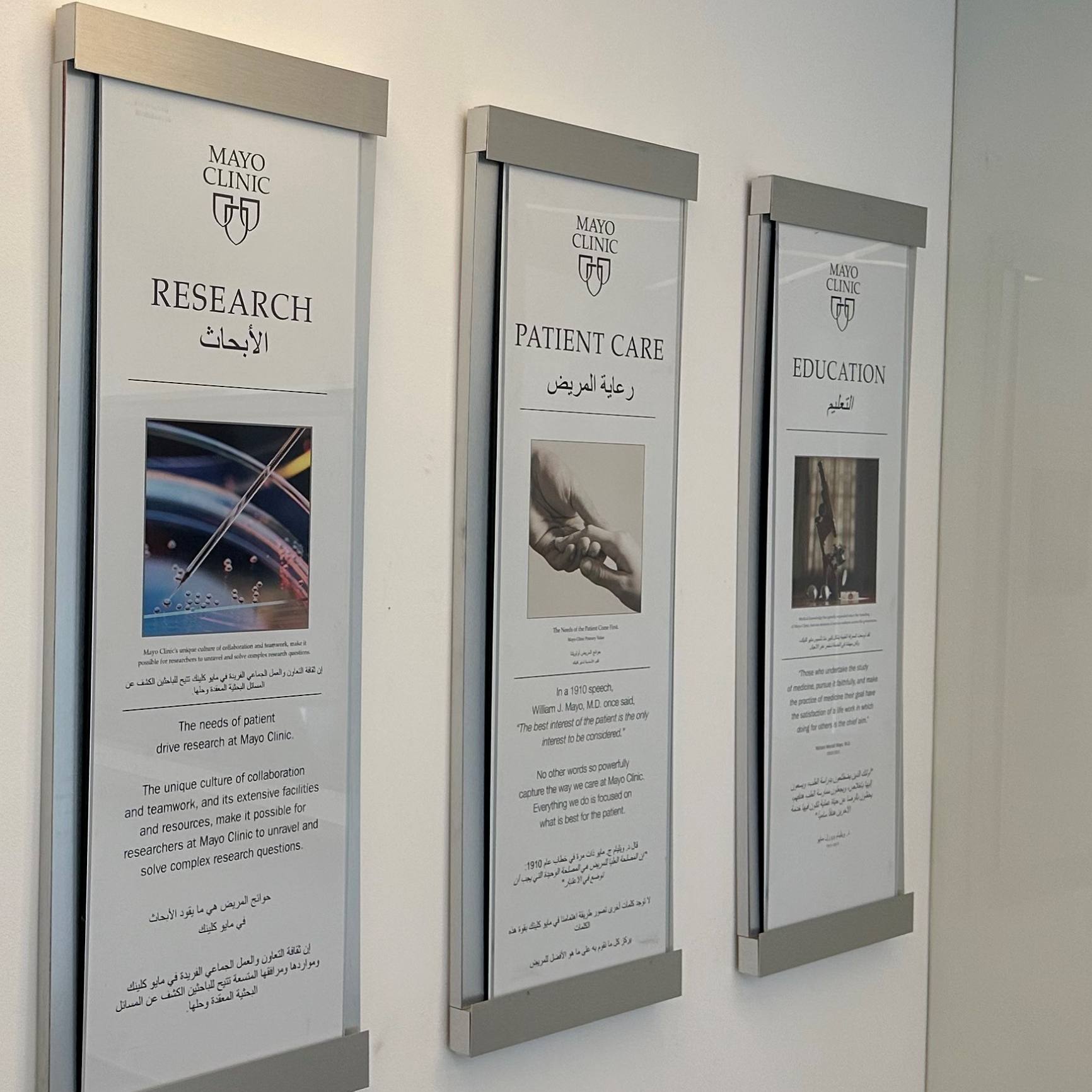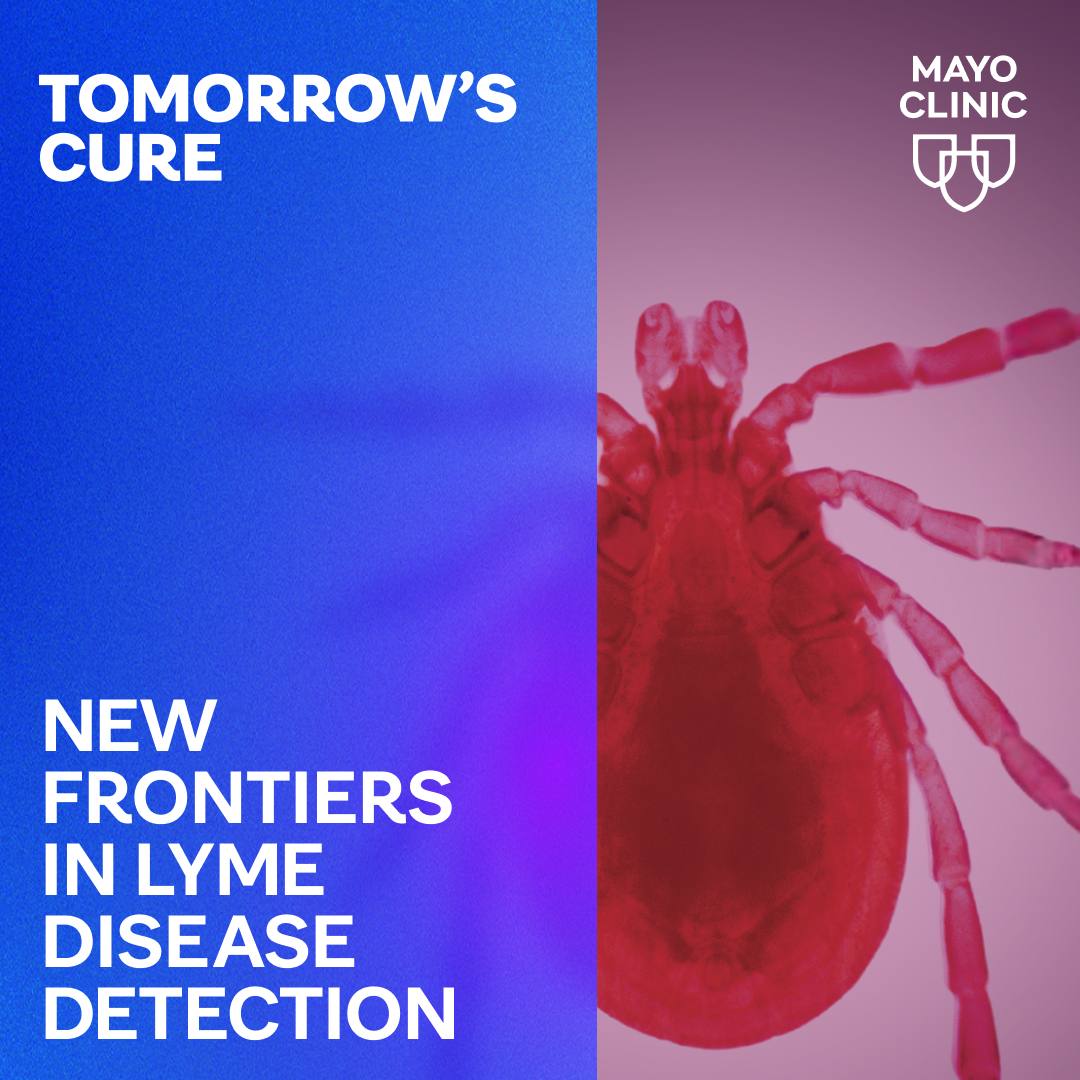-
Mayo Clinic Laboratories
COVID-19 shines a spotlight on laboratory professionals’ vital role in health care

National Medical Laboratory Professionals Week, April 24–30, honors and recognizes the dedication, innovation, and expertise that clinical lab professionals bring to patient care.
Over the last two years, clinical laboratory professionals have shown extraordinary dedication in the fight against COVID-19. Their commitment and hard work during this difficult time has made a difference in the lives of people across the globe.
"Throughout the pandemic, we have seen the power of teamwork in health care. And the people who work in the labs have been a key part of that team," says William Morice II, M.D., Ph.D., chair of the Department of Laboratory Medicine and Pathology at Mayo Clinic and president of Mayo Clinic Laboratories. “By focusing on ways we can innovate and move forward, laboratory medicine is integral to addressing unmet patient needs, expanding access to crucial testing, and improving health care around the world.”
National Medical Laboratory Professionals Week is an annual celebration of that vital role medical laboratory professionals and pathologists play in health care and patient advocacy. At Mayo Clinic, the Department of Laboratory Medicine and Pathology employs thousands of staff dedicated to serving patients who are seen at Mayo Clinic, as well as many more whose samples are sent for testing via Mayo Clinic Laboratories.
With more than 40,000 patient specimens arriving at Mayo Clinic every day, each stage of the intake process must be carefully planned and orchestrated. And from areas such as Transportation and Global Logistics to Specimen Distribution, each staff member involved knows they play an important role in delivering those samples where they need to go. Watch this video to learn how Mayo Clinic Laboratories ensures the safety of every patient specimen.
Watch: A team of one - protecting every patient's specimen, together
The laboratories that test specimens at Mayo Clinic span a wide range of specialty areas, including more than 95 unique laboratories and centers of pathology expertise. Together, they form one of the largest clinical laboratories in the world, performing more than 27 million tests and pathology services a year, and offering many unique tests that are not available elsewhere.
The laboratories that test specimens at Mayo Clinic span a wide range of specialty areas, including more than 95 unique laboratories and centers of pathology expertise. Together, they form one of the largest clinical laboratories in the world, performing more than 27 million tests and pathology services a year, and offering many unique tests that are not available elsewhere.
"There's a lot of innovation happening in laboratory medicine right now, and Mayo Clinic is at the heart of that," Dr. Morice says. "We are working to harness new technologies, so they can impact patient care in a positive way using the highest quality standards possible."
To learn more about innovations in lab medicine, listen to this episode of the "Answers From the Lab" podcast, featuring Dr. Morice and Bobbi Pritt, M.D., chair of Mayo Clinic’s Division of Clinical Microbiology.
And for a behind-the-scenes look at Mayo Clinic Laboratories, check out Mayo Clinic Labs @Work. The series features a wide range of staff from throughout the organization talking about what they do and why they do it.







